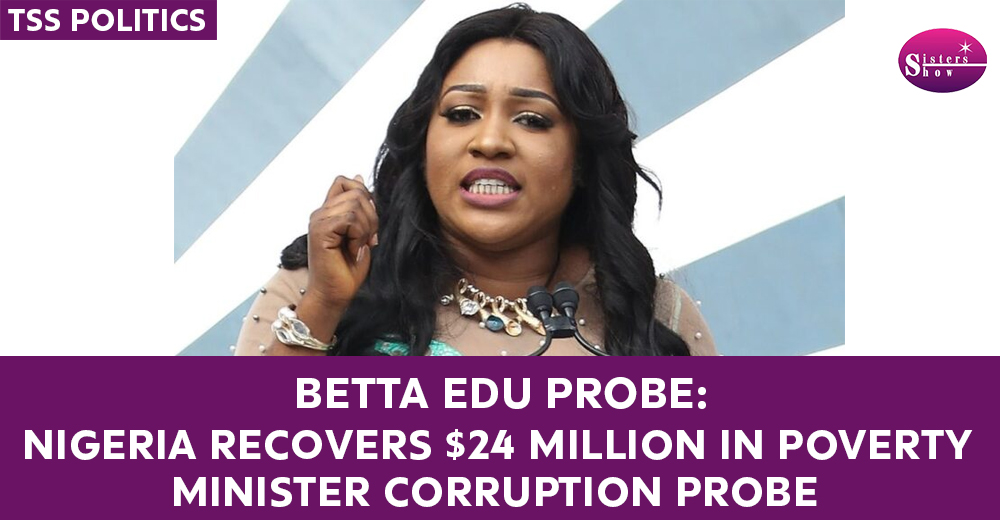
In a significant development in Nigeria’s ongoing battle against corruption, the Economic and Financial Crimes Commission (EFCC) has announced the recovery of 30 billion naira (approximately $24 million) as part of an extensive probe into a suspended minister. The funds, meticulously traced to over 50 bank accounts, mark a pivotal moment in the country’s efforts to curb financial misconduct and ensure accountability in public office.
The minister in question, Betta Edu, had been suspended from her role in the Ministry of Humanitarian Affairs and Poverty Alleviation amidst allegations of diverting $640,000 of public funds into a personal bank account. President Bola Tinubu’s directive to investigate the ministry further underscores the government’s commitment to upholding integrity and transparency in governance.
Dr. Edu, aged 37, vehemently denied any wrongdoing, asserting that the transferred funds were intended for the implementation of grants to vulnerable groups. However, the EFCC’s relentless pursuit of justice has revealed a complex web of financial transactions and raised serious questions about the misuse of public resources.
The EFCC chairman, Ola Olukoyede, emphasized the gravity of the investigation, highlighting the scrutiny of numerous bank accounts implicated in the case. With over 50 accounts under investigation, the EFCC’s efforts signify a robust response to combatting corruption at its roots.
While acknowledging the public’s eagerness for swift justice, Olukoyede urged patience, emphasizing the meticulous nature of the probe. He reassured Nigerians that the recovered funds had been returned to the federal government’s coffers, signaling a tangible victory in the fight against financial malfeasance.
The suspension of a minister is a rare occurrence in Nigeria, underscoring the seriousness of the allegations and the government’s unwavering commitment to accountability. As the investigation unfolds, it serves as a stark reminder that no individual is above the law, and those who betray the public trust will be held accountable for their actions.
The EFCC’s diligence in uncovering financial irregularities demonstrates the institutional resolve to root out corruption and safeguard Nigeria’s resources for the benefit of its citizens. By following due process and meticulously examining all leads, the commission exemplifies its dedication to upholding the rule of law and fostering a culture of accountability.
In the face of mounting challenges, Nigeria’s fight against corruption remains an ongoing struggle. Yet, with each milestone achieved, such as the recovery of embezzled funds and the suspension of errant officials, the nation moves closer to realizing its vision of a transparent and accountable government.
As the EFCC continues its investigation, Nigerians are reminded of the importance of remaining vigilant and actively participating in the collective effort to combat corruption. Through sustained vigilance and unwavering commitment to justice, Nigeria can forge a path towards a future where transparency and integrity prevail, ensuring a brighter tomorrow for generations to come.




